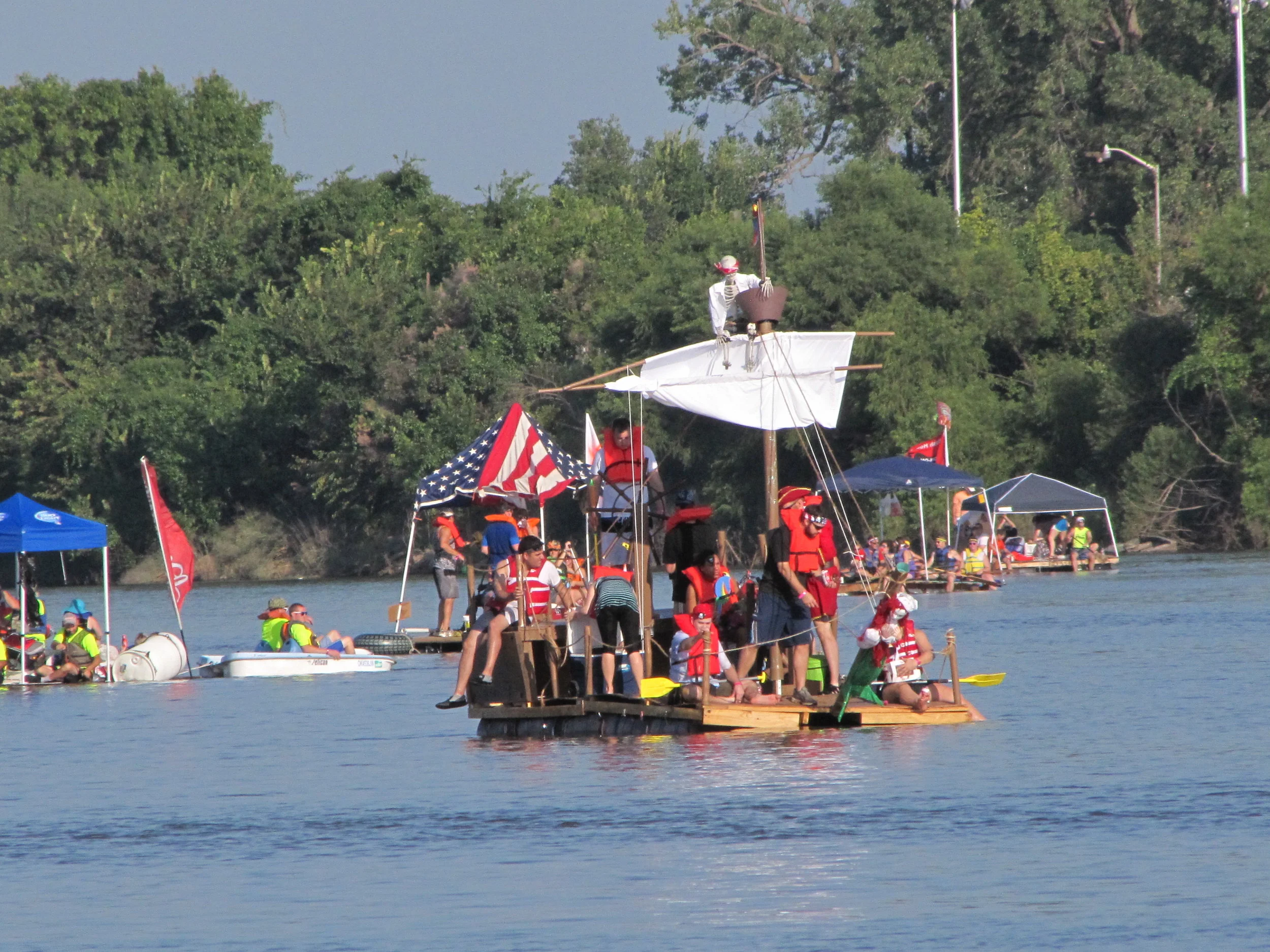City of Sand Springs passes new ordinance on public toplessness
/The City of Sand Springs passed an ordinance Wednesday afternoon designed to provide clarity on the subject of public toplessness for both men and women. In effect, it is still legal for both men and women to go shirtless in public, so long as it is not done “for the purpose of causing alarm or disturbance.”
Although Sand Springs Police will continue to respect the 10th Circuit ruling on female toplessness, the Tulsa County Sheriff’s Department, who also has jurisdiction in Sand Springs, has said they will continue to enforce State laws on the subject.
Ordinance No. 1344 amends the City Code of Ordinances on Outraging Public Decency to read the following:
“Every person who willfully and wrongfully commits any act which grossly injures the person or property of another, or which grossly disturbs the public peace or health, or which openly outrages public decency, including but not limited to urination in a public place, and is injurious to public morals, is guilty of a misdemeanor. Injurious to public morals shall be defined as:
Knowingly engage or participate in any obscene performance made available to the public; or
Any person to publicly expose to public view:
Their genitals, pubic hair, buttocks, perineum, anal region or public hair region.
Any device, costume, or covering, which gives the appearance of or simulates the genitals, pubic hair, buttocks, perineum, anal region or pubic hair region.
Display in view of the public, for the purpose of causing alarm or disturbance, of any portion of a person’s breast/chest at or below the areola thereof;
For persons 10 years of age and under.
For the act of breastfeeding a child
For the purpose of a medical emergency.”
The department had previously announced that they would be allowing women to go topless in public in order to offset potential lawsuits like the one filed in Fort Collins, Colorado.
In 2015 the City of Fort Collins, Colorado enacted an ordinance restricting public female toplessness, leading Brittiany Hoagland and Samantha Six to sue the City on behalf of the “Free the Nipple” movement. A district court sided with the plaintiffs in 2017, and the City appealed the decision. On February 15th, 2019, the 10th Circuit Court of Appeals upheld the district court’s decision in a 2-1 vote.
In Free the Nipple v. City of Fort Collins, Circuit Judge Gregory A. Phillips states “we recognize that ours is a minority viewpoint. Most other courts, including a recent (split) Seventh Circuit panel, have rejected equal-protection challenges to female-only toplessness bans…None of these decisions binds us, though; nor does their sheer volume sway our analysis.” Judge Mary Beck Briscoe sided with Phillips.
Circuit Judge Harris L. Hartz wrote a dissenting opinion, saying the Fort Collins ordinance “does not discriminate against women on the basis of any overbroad generalization about their perceived ‘talents, capacities, or preferences.’ To the extent it distinguishes between the sexes, it is based on inherent biological morphological differences between them.”
Though the court’s opinion was rendered in February, it didn’t go viral till September when Fort Collins decided not to appeal the decision to the Supreme Court. The City had already spent more than $300,000 defending the ordinance, and did not want to spend additional public funds on a case they weren’t sure they would win.
“Free the Nipple” advocates have claimed that the ruling, and Fort Collins’s subsequent decision not to appeal it, in effect legalized public female toplessness in Oklahoma, Kansas, New Mexico, Colorado, Wyoming, and Utah, as well as portions of Yellowstone National Park extending into Montana and Idaho.
In reality, it’s not that cut and dry. Individual ordinances will still need to be challenged at the state and municipal levels, and local governments have the ability to continue enforcing those ordinances until they are ordered by the courts to stop.
The Oklahoma City Police Department issued a statement saying that they “will continue to enforce the law as outlined by City Ordinance and State Law as this preliminary injunction issued by the 10th Circuit Court is in reference to an appeal specific to the City of Ft. Collins in Colorado. Therefore, someone in OKC who is in violation of the law could be city and/or jailed as this is a misdemeanor crime.”
On the other hand, the Tulsa Police Department initially stated that the court decision did apply, and they would not be arresting or ticketing women who went topless in public areas. The Tulsa County Sheriffs Department also stated they would abide by the court’s ruling, even allowing toplessness at the Tulsa State Fair, since it is a public event. Both agencies reversed course following a statement from Oklahoma Attorney General Mike Hunter saying that “the ruling does not automatically invalidate local and state laws in Oklahoma.”
"The Tenth Circuit’s preliminary decision in the Fort Collins case – a case that has now ended without a full adjudication – does not change local and state laws in Oklahoma on the subject,” Attorney General Hunter said. “The majority of courts around the country that have examined this issue have upheld traditional public decency and public nudity laws. These courts have recognized that states and political subdivisions have a legitimate interest in prohibiting public nudity as traditionally defined."
Hunter cited a May ruling by the 8th Circuit Court of Appeals that upheld a similar ordinance in Springfield, Missouri, and a 2017 ruling by the 7th Circuit Court of Appeals that upheld a similar ordinance in Chicago, Illinois.
“The 10th Circuit’s ruling made preliminary conclusions about the Fort Collins ordinance, but did not decide the law’s ultimate constitutionality. Because the Fort Collins ordinance was repealed, the 10th Circuit’s ruling likely cannot be appealed to the U.S. Supreme Court. In conclusion, the 10th Circuit’s ruling is not binding on Oklahoma state courts.”
There is currently a lawsuit pending before the United States Supreme Court, challenging a ban on topless women in New Hampshire. The Court has yet to announce if it will hear the case.




